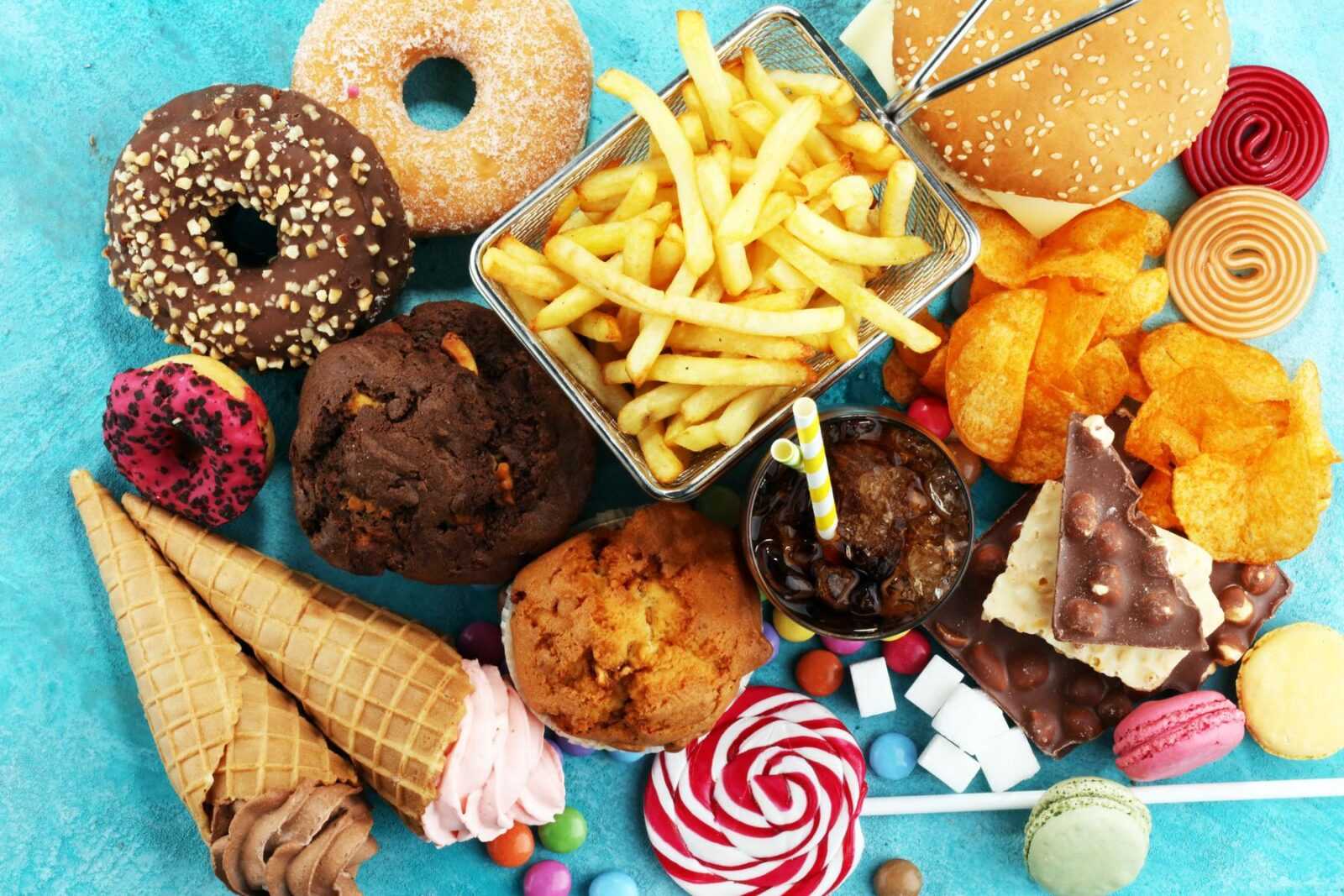LONDON, UK — Promotions on food and drinks high in fat, salt or sugar (HFSS) in retailers will be restricted from April 2022, the UK Government has confirmed on 28 December. Offers for unhealthy foods like ‘buy one get one free’ and promotions in prominent locations in stores and online in the UK will be restricted from April 2022. Free refills of sugary soft drinks will also be prohibited in the eating-out sector. Restrictions will apply to medium and large stores. The new rules, designed to support the nation to make healthier choices, will prohibit retailers from offering multibuy promotions such as ‘buy one get one free’ or ‘3 for 2’ offers on these products.
Promotions of unhealthy foods will also no longer be featured in key locations, such as at checkouts, store entrances, aisle ends and their online equivalents.
Promotions often appear to help shoppers save money. However, data shows that these deals actually increase purchases of promoted products by almost 20%. They encourage people to buy more than they need or intended to buy in the first place.
Free refills of sugary soft drinks will also be prohibited in the eating-out sector.
UK Public Health Minister Jo Churchill said about unhealthy foods: “We know families want to be presented with healthier choices. This is why we are restricting promotions and introducing a range of measures to make sure the healthy choice is the easy choice. Creating an environment which helps everyone eat healthier foods more regularly is crucial to improving the health of the nation.”
In the New Year, PHE’s Better Health Campaign will also run new adverts on TV and online to inspire and support people to maintain a healthy weight.
Obesity is one of the biggest health crises the country faces. Almost two thirds (63%) of adults in England are overweight or living with obesity and 1 in 3 children leave primary school overweight or obese. Obesity-related illnesses cost the NHS £6 billion a year.
These changes will make supermarkets and other retailers places where the healthy choice is the easy choice for everyone and support people to lead healthier lives.
The location of products within stores can lead to ‘pester power’ from children and can also significantly affect people’s purchases. For example, end-of-aisle displays have been shown to increase soft drink sales by over 50%.
Today’s announcement forms a key part of the government’s strategy to tackle obesity and get the nation fit and healthy. The COVID-19 pandemic has brought to the fore the impact that obesity can have on people’s health and health outcomes.
These measures will support people in achieving and maintaining a healthy weight and overall will improve the nation’s health.
Restricting promotions of unhealthy foods: Background information
An 8-week technical consultation has launched today on GOV.UK to seek views from industry stakeholders and enforcement bodies on how these policies can be implemented.
The restrictions on promotions are:
- location restrictions at store entrances, aisle ends and checkouts and their online equivalents (homepages, landing pages for other food categories, and shopping basket or payment pages)
- volume price restrictions will prohibit retailers from offering promotions such as ‘buy one get one free’ or ‘3 for 2’ offers on HFSS products
- free refills of sugary soft drinks will be prohibited in the eating-out sector
- the location restrictions will only apply to stores over 2,000 square feet – specialist retailers, such as chocolate shops, are exempt from the location restrictions
- prepacked food and drink in the following categories will be restricted if they are considered HFSS: soft drinks, cakes, chocolate confectionery, sugar confectionery, ice cream, morning goods (for example, pastries), puddings, sweet biscuits, breakfast cereals, yogurts, milk-based drinks with added sugar, juice-based drinks with added sugar, pizza, ready meals, meal centres, including breaded and battered products, crisps and savoury snacks, chips and similar potato products.
The 2004 to 2005 Nutrient Profiling Model will be used to define whether a product is HFSS.
The policy focuses on the products that are significant contributors to sugar and calorie intakes in children and that are heavily promoted.
Only those products that are HFSS will be restricted, so there is scope for businesses to promote healthier products within these categories.


















